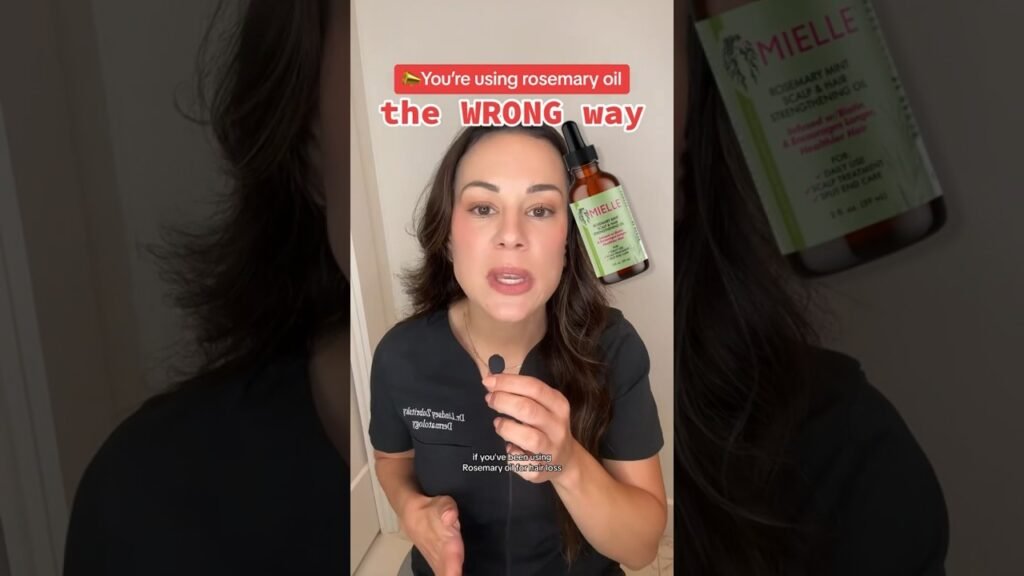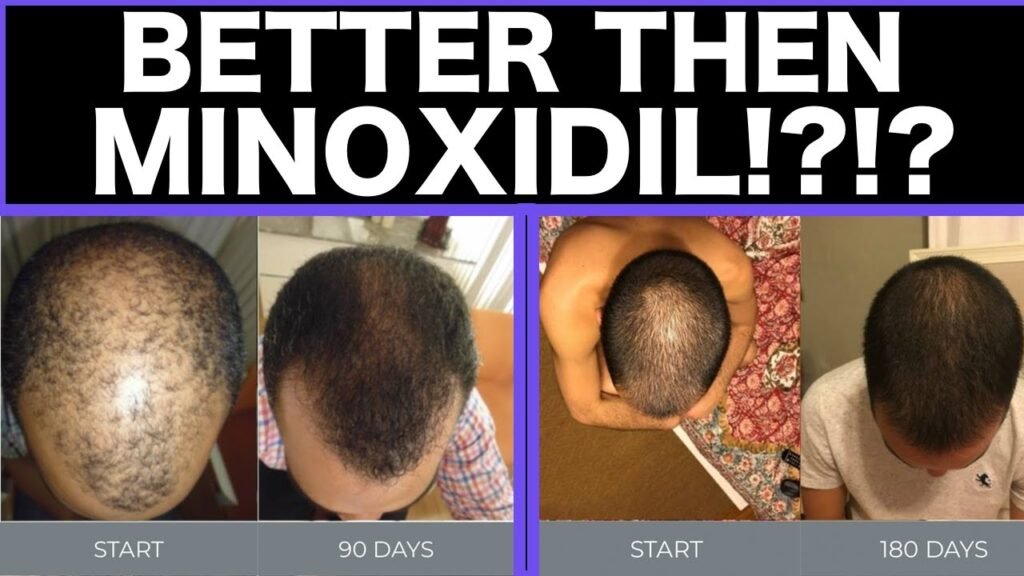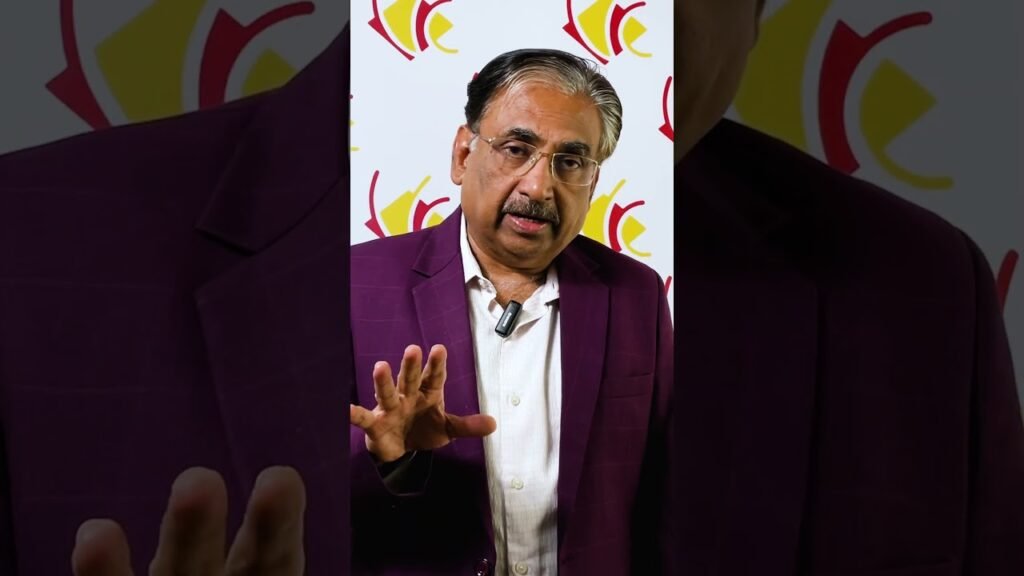Drawbacks of choosing Minoxidil vs essential oils
When considering hair growth treatments, its crucial to weigh the potential drawbacks of using Minoxidil compared to essential oils. Minoxidil, a popular over-the-counter medication, has been widely used for hair regrowth, but it is not without its disadvantages. One major concern is the possibility of side effects, such as scalp irritation, dryness, or itching. Some users may also experience unwanted facial hair growth or changes in hair texture, which can be discouraging. In contrast, essential oils are generally considered to be more gentle on the scalp and hair, reducing the likelihood of these adverse effects.
Another significant drawback of Minoxidil is its dependency factor. Users often find that they must continue applying the product indefinitely to maintain results. Once the treatment is stopped, any regrown hair is likely to be lost within a few months. This ongoing commitment can be both time-consuming and costly. Essential oils, however, offer a more natural approach to hair care. They can be incorporated into a regular hair care routine without the pressure of continuous use, and they often provide additional benefits such as improved scalp health and reduced dandruff.
Moreover, Minoxidil may not be suitable for everyone. People with certain medical conditions or those who are pregnant or breastfeeding are typically advised to avoid it. This limitation restricts its use among a significant portion of the population. Essential oils, on the other hand, offer a versatile alternative that can be customized according to individual needs and preferences. While essential oils require careful selection and proper dilution to avoid skin sensitivities, they are generally considered safe for a broader audience when used correctly.


